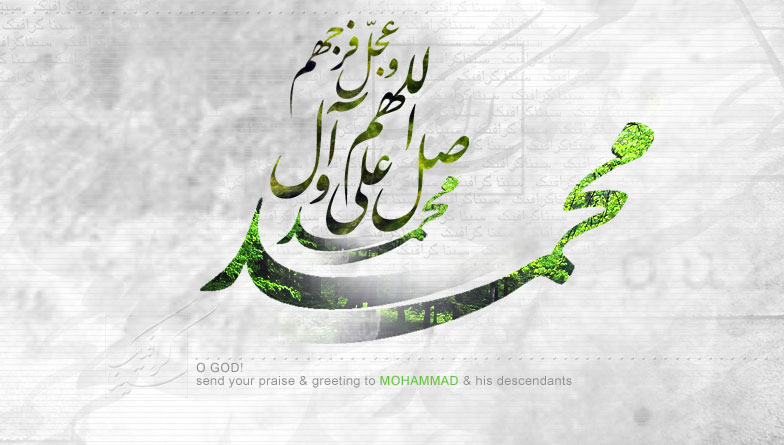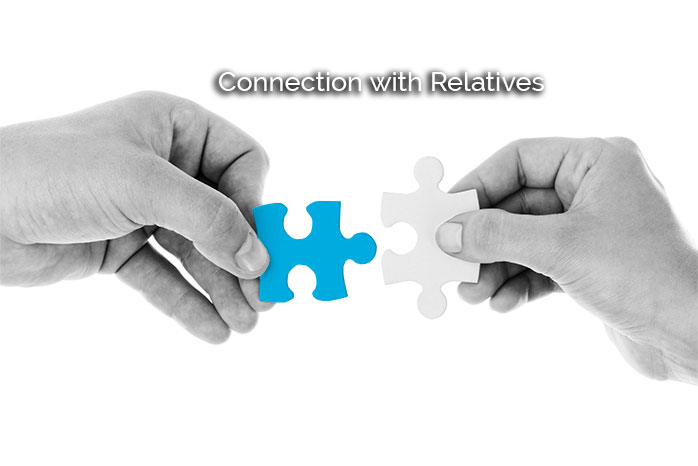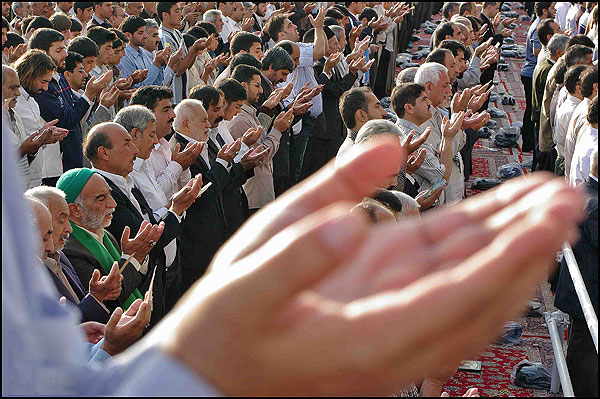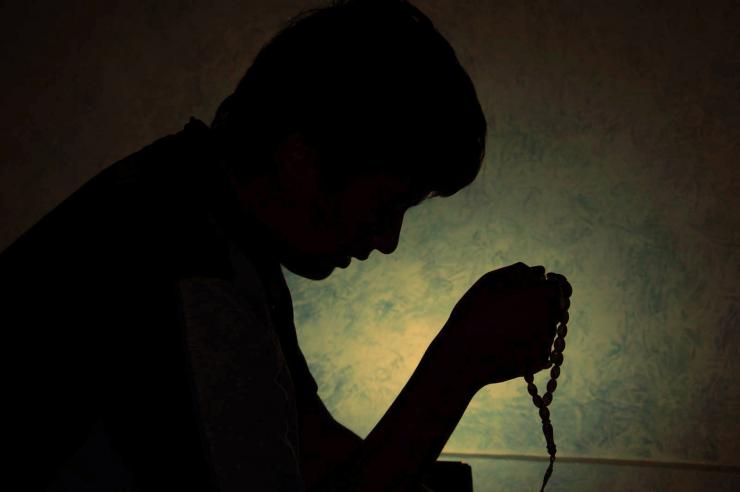What is the philosophy behind sending “Salavat” or peace and Mercy on the Prophet of Islam and his immaculate family?
 One of the very much recommended acts in Islam is sending “Salavat” or sending peace and mercy on the Prophet of Islam and his immaculate progeny.
One of the very much recommended acts in Islam is sending “Salavat” or sending peace and mercy on the Prophet of Islam and his immaculate progeny.
Sending Salavat, means to say:
اللهم صل علی محمد و ال محمد””
Or something similar to these words, which mean:
O’ Allah, send peace and mercy on Prophet Mohammed and the progeny of Prophet Mohamed.
Allah said in the holy Quran chapter Ahzab verse 56:
إِنَّ اللَّهَ وَمَلَائِكَتَهُ يُصَلُّونَ عَلَى النَّبِيِّ يَا أَيُّهَا الَّذِينَ آمَنُوا صَلُّوا عَلَيْهِ وَسَلِّمُوا تَسْلِيمًا
“Allah and his angels praise and venerate the prophet. Believers, praise and venerate him and pronounce peace upon him in abundance”.
So from this verse we understand that Salavat is an act that is done by Allah and His angels, and we are ordered to do so.
Of course the meanings of Salavat of Allah and our Salavat are different, the first one, means that Allah sends peace and mercy, but in our Salavat, the meaning is that we ask from Allah to send peace and mercy.
At first let’s mention a question that may be posed by some people, and that is:
Do the holy Prophet of Islam and his infallible household really need our Salavat?
We answer: everyone except Allah, in not perfect to the extent that there is not any more elevation possible for him/her, of course they do not need our Salavat, but they need the mercy of Allah.
There are a lot of philosophies and benefits which are mentioned for sending Salavat in the Narrations, and we mention some of them here:
At the beginning we divide the benefits and consequences of Salavat in two major branches,
First: the benefits that happen in this world.
Second: the benefits that happens after death in the realm of Barzakh( the world after death and before hereafter) and the day of judgment.
1) The benefits that appears in this world.
-it is a cause for our Doa and wishes to be fulfilled. There is a Narration that says:
Every one that has a need, when he/she wants to ask from Allah for that need, he/she is better to send a Salavat at the beginning and then ask his/her need and then send a Salavat at the end, because Allah is more generous to accept two Doas at two sides and does not accept and fulfill a Doa and need in between, because Salavat definitely is an accepted Doa.
When we see the supplications and Doa of our infallibles, we see that there is a deep relation between the Salavat and fulfilling our Doa and needs and wishes. In a lot of Doa there is at least one Salavat at the beginning of Doa or at the middle or at the end.
-Allah asks us to bring an intercessor to Him; He said in chapter Maedah verse 35:
يَا أَيُّهَا الَّذِينَ آمَنُواْ اتَّقُواْ اللّهَ وَابْتَغُواْ إِلَيهِ الْوَسِيلَةَ
“Believers, have fear of Allah and seek the means by which you come to him”.
And one of the intercessors to Allah is the holy Prophet of Islam and his immaculate progeny.
-The next benefit of Salavat is that through sending Salavat, we can be included in the Doa of the angels.
The holy Prophet of Islam narrated from Allah in a divine Narration that Allah said (to the holy Prophet of Islam):
“If a servant sends Salavat on you, seventy thousand angels send Salavat on that servant and the one on whom, seventy thousand angels send Salavt, he/she will be among the inhabitants of Paradise.”
-Another benefit of sending Salavt is that it is a cause for removing hypocrisy, stinginess and sorrow.
In sending Salavat, there are other benefits like, obtaining blessing, wealth, being rich and out of need, etc.
By sending Salavat, our gatherings get spiritually pure and luminous.
2) The second kind of consequences and benefits of sending Salavat, is the consequences that are related to the worlds after death, like:
-The nearness to the holy Prophet of Islam on the Day of Judgment and being included in the Shafa’ah and intercession of the Prophet of Islam.
-It is a cause for compensation of the sins and a means for getting escaped form the punishments in the grave and the fire of Hell.
-It is a way for the heaviness of the balance of our deeds on the Day of Judgment.
It is narrated form Imam Sadiq peace be upon him that he said:
“The heaviest thing that is put in the balance of deeds on the Day of Judgment is sending Salavat on the holy Prophet of Islam and his progeny.”
Of course there are a lot of other benefits for sending Salavat that we do not mention them, and for more information you can refer to the books of Narrations and Hadith.
It is interesting to mention at the end, that some of the Islamic scholars in the field of morality, when they are asked about a way for fulfilling the important needs and wishes, they recommend holding ceremonies in which the Muslims gather in a place and they send Salavat for example every one 1000 Salavts ( with Ikhlas and sincerity and with the consideration to its meaning) and they give it as the gift to the Prophet of Islam and the 12 Imams and Lady Fatimah peace be upon them all, and it is something that a lot of Muslims have found it so effective.
————————————-
Sources:
Salavaat.com
Maaref.porsemani.ir












